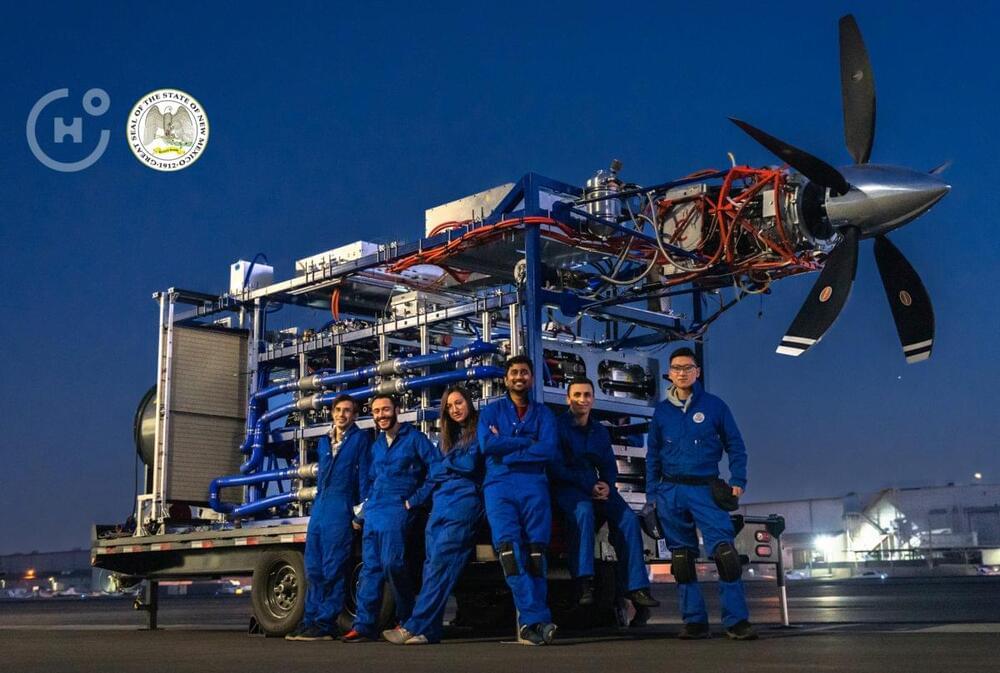Abundant fuel cell raw materials and renewables potential could add up to a green hydrogen economy in the Philippines, according to Jose Mari Angelo Abeleda Jr and Richard Espiritu, two professors at the University of the Philippines Diliman. In a paper published in this month’s Energy Policy, they explained the country is a latecomer to the sector and should develop basic and applied knowledge for training and research. The country should also establish stronger links between industry and academia, the report’s authors suggested. “The establishment of the Philippine Energy Research and Policy Institute (Perpi) is a move towards the right direction as it will be instrumental in crafting policies and pushing for activities that will usher for more private-academ[ic] partnerships for the development of fuel cell technology in the Philippines,” the scholars wrote. “However, through enabling legislation, a separate and dedicated Hydrogen Research and Development Center (HRDC) will be pivotal in ensuring that sufficient government and private funding are provided.” The authors reported progress in the production of fuel cell membranes but few developments towards large scale production, transport, and storage facilities. “The consolidation of existing renewable energy sources for hydrogen production can also be explored in order to ensure reliable and sustainable hydrogen fuel supply,” they wrote. “This is because the country will gain more benefit if it focuses more on the application of fuel cell technology on rural electrification via renewa[ble] energy-based distributed power generation, rather than on transportation such as fuel cell vehicles.”
Paris-based energy engineering company Technip Energies and Indian energy business Greenko ZeroC Private have signed a memorandum of understanding (MOU) to explore green hydrogen project development opportunities in the refining, petrochemicals, fertilizer, chemical, and power plant sectors in India. “The MOU aims to facilitate active engagement between the teams of Technip Energies in India and Greenko to step up collaborative opportunities on a build-own-operate (BOO) model – in which Greenko will be the BOO operator and owner of the asset and Technip Energies will support with engineering services, integration and EP/EPC [engineering and procurement/engineering, procurement and constructrion] – for pilot and commercial scale green hydrogen and related projects in India in order to offer economically feasible technology solutions to clients,” the French company wrote today.





